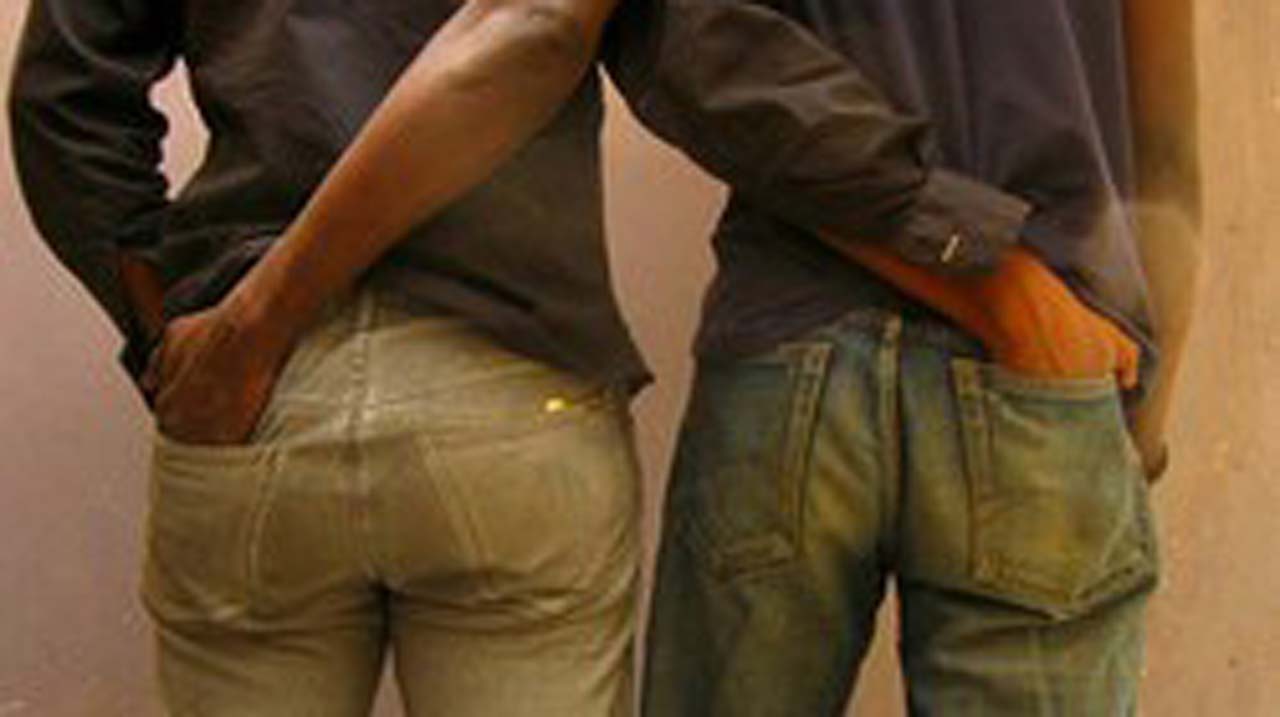
Recently, at The Initiative for Equal Rights (TIERs,) we put out a message about a spate of incidents by people attempting to extort users of the popular mobile app, Grindr. Among the group of people is a police officer. It seems we are seeing a new trend of power misused by State actors, especially police officers. We’ve always known that police harass and extort suspected gay and bisexual men on the streets of Lagos or elsewhere across the country, particularly those perceived as a bit effeminate. It is a cruel thing to exploit the vulnerability of people who are unwilling to come out openly about their sexual orientation just yet – thanks to the prejudice and ignorance of our wider society.
One of the most disappointing experiences I had in the last two weeks was speaking to a bright, young middle-ranking police officer whom I have a huge amount of respect for about these issues. I was stunned when he said being gay is illegal in Nigeria, he didn’t think about this twice, the confidence with which he said this was rather disturbing. I was stunned not only at the level of ignorance it embodied, but also at the level to which he was certain in this knowledge. It made me wonder, if the police themselves, who are supposed to protect people, don’t understand the basic law, how then do they protect people and follow these laws?
Let’s be clear. Identity is not criminalized. What is criminalized, whether in the sharia code, or in the criminal and penal code in Nigeria, are particular sexual acts. In other words, if someone says he is gay, he has not committed any offence. This witch hunt of gay people, and thinking that gay people are illegal, is wrong because being gay, or being suspected of being gay, is not a crime. We need as much education and enlightenment for the police as much as for the public to understand that sexual orientation is a part of identity not simply an act or behaviour. So, if somebody says to you I am gay, they have not committed any offence, until you catch them in some ‘act.’ And for that to happen, more often than not, you would have committed a certain invasion of their privacy to really see this.
It should be clear for Nigerians to understand that police are crossing the line. It is quite clear that the Nigerian police need basic education around sexual orientation and gender identity – but most of all, clarity that identity is not criminalized. Some would make the argument that a lot of this extortion is because police are underpaid and badly treated, but I think we need to stop making that excuse for our national institutions.
It is not about pay, but impunity; what is being capitalized on is the fact that it is not socially acceptable to be gay in this society – to some degree. After I spoke to the young police officer, I spoke to another senior police officer, who had a much better understanding of the issues. He was very clear that where blackmail has happened, people should make an official complaint. Yet, I could sense his culture shock that he was having a conversation about homosexuality. But while we are arguing whether being gay is socially acceptable or not, it needs to be clear that it is not a crime to be gay. What is criminalized, are certain acts. As a society, we need to stop putting violations and harassment by police to debate; we should all be worried that we are even debating violence, blackmail, extortion and other cruelties based on sexual orientation or gender identity. The arrests and harassments that have received publicity from police have often received public support, with many commenters on social blogs and news outlets, in effect saying, ‘good for them.’ Yet, applauding the abuse and extortion LGBT people experience at the hands of police officers and other actors leaves us all more vulnerable. Injustice to one, should be injustice to all. You do not have to agree or even like gay people, but as citizens, we need to be clear that blackmail, extortion and harassment by police or anyone else for that matter is unacceptable regardless of sexual orientation or gender identity.
This is where ordinary Nigerians come in. The views of the Nigerian police are the average views of Nigerians: an average Nigerian thinks that being gay is illegal and liable to 14 years in prison. But, dear Nigerians, being gay doesn’t give you 14 years, its certain acts that are criminalized, not identity. Let’s be clear on the law, so we know what we are dealing with. We need to rethink and ask ourselves, the parades of suspected or self-identified LGBT persons by police as an achievement, where does this get us? Who does this benefit? In whose name is this being done? Certainly, not in my name, and as citizens, we need to speak against injustice at all levels and say enough of this witch hunting of LGBT people by police and any actors, state or non-state. Enough is enough.






